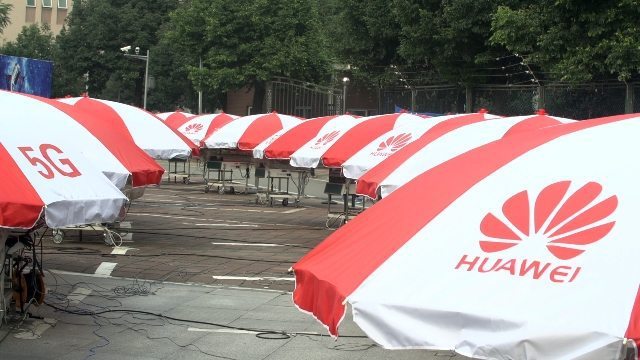Verizon, AT&T previously dropped deals to sell Huawei phones
Consumer electronics big box retailer Best Buy is cutting ties with China’s Huawei, according to published reports, and will stop selling the company’s mobile devices in its stores. Largely due to national security concerns, U.S. companies have been under pressure from federal officials regarding relationships with the Chinese technology firm.
Earlier this year both AT&T and Verizon dropped out of sales agreements with the number three smartphone provider behind Apple and Samsung. AT&T’s move came days before company Consumer Business Group CEO Richard Yu gave a keynote address during the annual Consumer Electronics Show. At the time Yu said, ““t is a big loss for us and also for carriers but more for consumers,” said Yu during the keynote. “Huawei has proved its quality and security.” Verizon soon followed suit, and now its Best Buy.
“We don’t comment on specific contracts with vendors, and we make decisions to change what we sell for a variety of reasons,” a Best Buy spokesperson told Reuters. A Huawei spokesperson told CNBC, “Huawei currently sells its products through a range of leading consumer electronics retailers in the U.S.” adding that products have the “highest security, privacy and engineering standards in the industry.”
“Huawei currently sells its products through a range of leading consumer electronics retailers in the U.S.,” the firm said, adding its products met the “highest security, privacy and engineering standards in the industry.”
The heightened concern at top levels of the government extends well beyond just smartphones. Rep. Michael Conaway (R-Texas) wants to formally bar Huawei and ZTE from doing business in the U.S. with his HR 4747, which has drawn 11 co-sponsors, and there’s a companion bill in the Senate.
Similarly, the Trump administration is apparently examining a potential government-led deployment of nationwide 5G. According to the internal administration document, originally published by Axios and confirmed by Reuters, the primary impetus for this consideration is a protecting against security threats from China. The memo author reports that, “China has achieved a dominant position in the manufacture and operation of network infrastructure. China is the dominant malicious actor in the information domain.”
Specific to Huawei, the document suggests Huawei is using “market distorting pricing and preferential financing to dominate the global market for telecommunications infrastructure. China sets aside up to 70% of its mobile infrastructure market for Huawei and ZTE, only allowing Western vendors to compete for the remainder. The magnitude of the Chinese market allows the companies to effectively fund their R&D with domestic sales while insulating the companies against global infrastructure spending down turns. The government has also extended an estimated $100 billion line of credit to Huawei to finance deals abroad.
Then there’s the whole Broadcom/Qualcomm entanglement. As Singapore-based Broadcom was attempting a hostile takeover of U.S.-based Qualcomm, President Trump issued an order blocking the deal before it even happened and citing national security. The thinking was Broadcom’s relationship with Huawei could impact U.S. leadership in the development of 5G.

